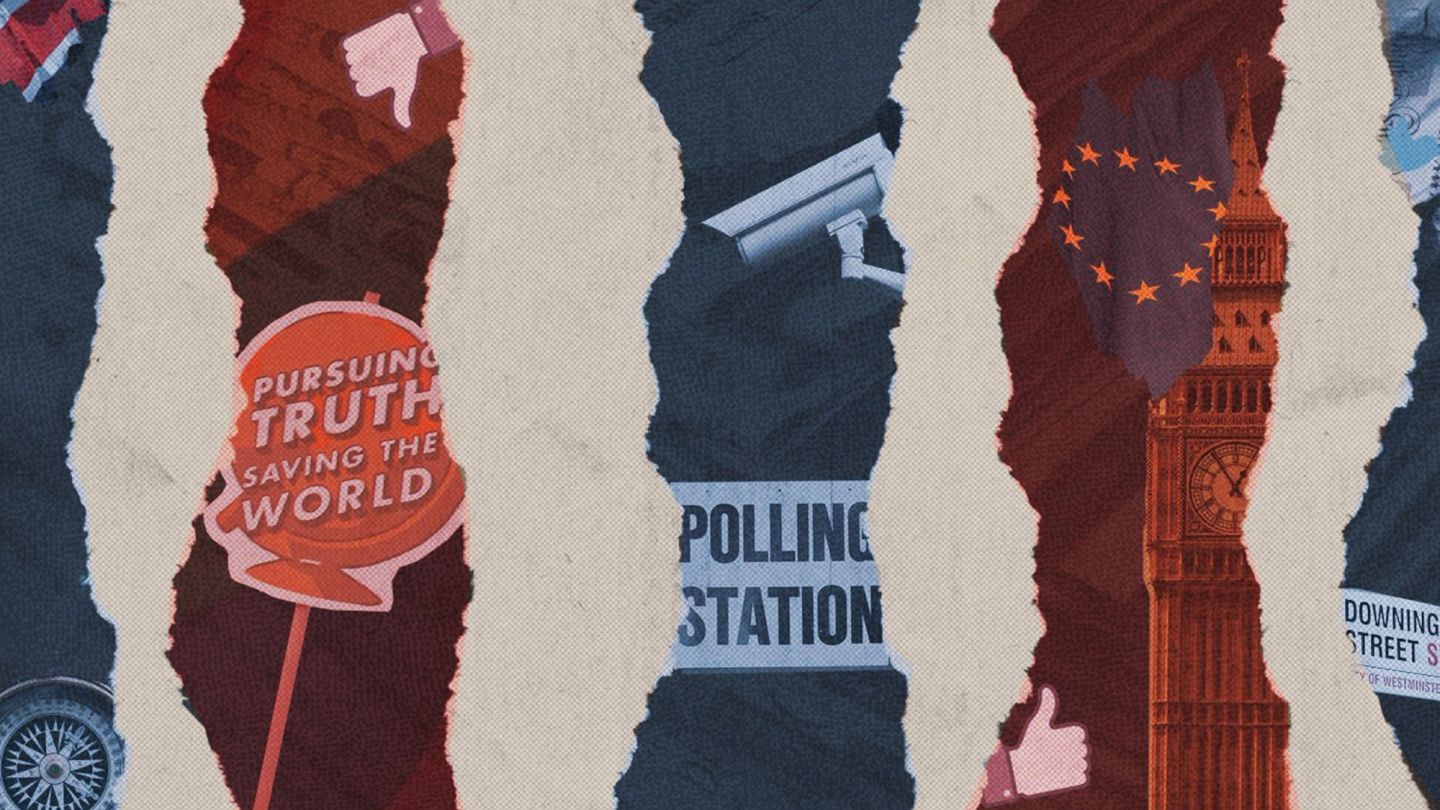

The Week in Westminster: Breaking down the 2020 Budget and the UK’s coronavirus response
Your need-to-know guide to this week's UK political happenings
Words: Zoe Dickens
On any normal week the big political news of the day would be the spring budget and its ramifications. This, as you might be aware, is not a normal week though. As the Covid-19 outbreak is officially labelled a global pandemic, its economic and social ramifications are finally being felt full force in the UK. With the government reclassifying its response from ‘contain’ to ‘delay’ here’s everything you need to know from the Week in Westminster…
Coping with coronavirus
The internet, the TV, the radio – everywhere you go the only thing people are talking about is coronavirus – and with good reason. As nations across the EU and Americas stepped up their efforts to fight the pandemic this week, pressure fell on Boris Johnson and his government to show they were doing more than just recommend people wash their hands for a bit longer.
On Thursday, Johnson gave a speech explaining the UK has moved into the ‘delay’ phase, with the aim of reducing the number of Covid-19 cases at any one time and pushing the peak of the outbreak into late/spring early summer to reduce pressure on the the NHS. Here are the key policies:
- Despite mass closures by nations including Ireland, UK schools will remain open with the government’s experts stating closures would need to last at least 13 weeks to have any real effect. There is also concern that closures would result in children spending time with vulnerable grandparents who are at higher risk from the virus. Schools have, however, been asked to stop foreign trips.
- New guidelines state that anyone showing symptoms, including a cough lasting more than four hours or temperature above 37.8C, should self-isolate for seven days. Sufferers have been asked not to ring 111 unless their symptoms dramatically worsen and it is hoped these measures will reduce peak cases by 20%. If the outbreak worsens whole households may be asked to self-isolate if one person becomes ill.
- Unlike nations such as Switzerland and Scotland, the UK government does not believe banning mass gatherings is an effective way of preventing the spread of disease. However, the ultimate decision is being left to event organisers, with high-profile events including all professional football matches and a number of music festivals, being postponed.
- Unlike the US, the UK will not be banning flights from the EU, with the chief medical officer saying this would only be effective if 95% of flights were cancelled. In reality it is believed a cancellation rate of only around 50% is possible. This is in stark contrast to countries such as India and the Czech Republic which have suspended the issue of new visas and effectively closed their borders.
- As part of the ‘delay’ strategy, those with mild symptoms will no longer be tested. Instead, those with serious symptoms will be given a blood test in hospital and prioritised for treatment.
Will they work?
Sir Patrick Vallance, England’s chief scientific advisor, has stated that the aim of the measures is not to stop Covid-19 in its tracks but rather to avoid overwhelming the NHS and slowly build up immunity in the population. He also suggested that Covid-19 was likely to become an annual virus, like the seasonal flu, and the best thing the UK could do to protect vulnerable people was to create immunity among those who only experience mild symptoms. There is also fear that more draconian methods, such as geographical lockdowns and school closures, may lead to public fatigue and people breaking quarantine rules just as the disease is at its peak.
However, as the World Health Organisation praised the actions of China and South Korea, whose aggressive response to the disease has seen their infection rates fall dramatically, many have criticised the government for not taking the crisis seriously enough. Former health secretary Jeremy Hunt has expressed concern that the UK is not falling in line with the measures being taken by other countries, and has also expressed surprise about the lack of information around social distancing and whether it is safe to visit elderly relatives. There are currently 596 confirmed cases in the UK with officials estimating that the actual number of people infected is likely between 5,000 and 10,000.
Oh, the Budget happened this week too
Usually one of the most important moments of the political calendar, Rishi Sunak’s first budget as Chancellor was unveiled on Wednesday – and then immediately overshadowed by the growing coronavirus crisis. However, as the budget sets the UK’s fiscal direction in both the short and long-term it’s importance shouldn’t be underplayed. The key takeaway is that Sajid Javid’s time of austerity is over, with greater public spending announced across a number of sectors – here’s what you need to know…
Health, Coronavirus is, of course, priority number one for health spending, and Sunak announced a £5bn emergency response fund to support the NHS and public services tackling it. All those advised to self-isolate will also be entitled to statutory sick pay, while the self-employed can claim for Employment Support Allowance from day one (it is currently only available after a week). Firms with less than 250 staff will also be refunded sick pay for two weeks per employee. A range of measures, including loans of up to £1.2m for small businesses and the abolition of business rates below £51,000 in the retail, leisure and hospitality sectors, have also been introduced to lessen economic disruption. In addition, the NHS will receive £6bn in extra funding over the next five years for recruitment and hospital upgrades.
Tax and employment, As first announced in November, the threshold for National Insurance Contributions will rise from £8,632 to £9,500. This will see 500,000 people relieved from paying it altogether while leaving most workers around £85 a year better off. The 5% VAT on women’s sanitary products is also to be scrapped.
Business and science, High Street business rates are to be reviewed later this year, with retailers big and small finding the current rates unmanageable, while those eligible for small business rates relief will receive a £3,000 cash grant and the Entrepreneurs’ Relief will be reduced from £10m to £1m. Elsewhere, £5bn is to be spent on getting gigabit-capable broadband to remote areas while VAT on digital publications will be abolished from December. An extra £900m has been promised for research into nuclear fusion, space and electric vehicles while the Science Institute in Surrey will receive an extra £1.4bn in funding.
Environment, A new plastic packaging tax will see manufacturers whose products contain less than 30% recyclable material charged £200 per tonne meanwhile subsidies for red diesel (often used in off-road vehicles) will be scrapped for industries excluding farming and rail. Following this winter’s devastating floods, £120m has been promised in emergency relief for affected communities while total investment in English flood defences will double to £5.2bn over the next five years. £640m has also been promised for a ‘nature for climate’ fund to protect natural habitats and plant new trees.
Transport and housing, This is where the big money comes into play with more than £600bn to be spent on roads, rail, housing and broadband by 2025. £29.5bn of this is going towards motorway improvements and road resurfacing while £650m will be used to tackle homelessness and create 6,000 more places for rough sleepers. Stamp duty will be set at 2% for foreign property buyers from April 2021 while a new £1bn fund will be created to remove combustible cladding from public and private housing.
Need a break from the news? This is why Michael Caine doesn’t want to live to 100…
Join the Gentleman’s Journal Clubhouse here.


